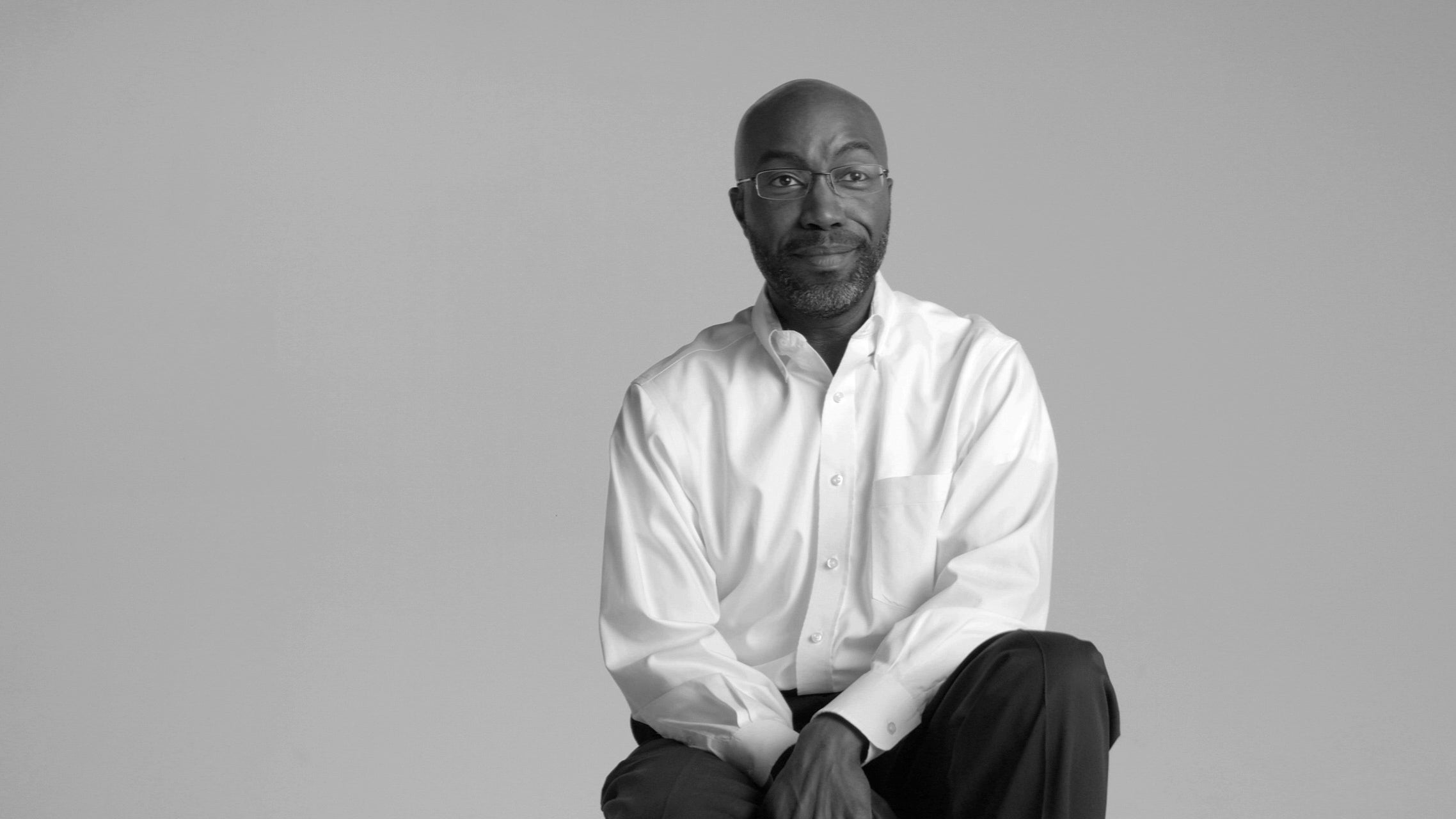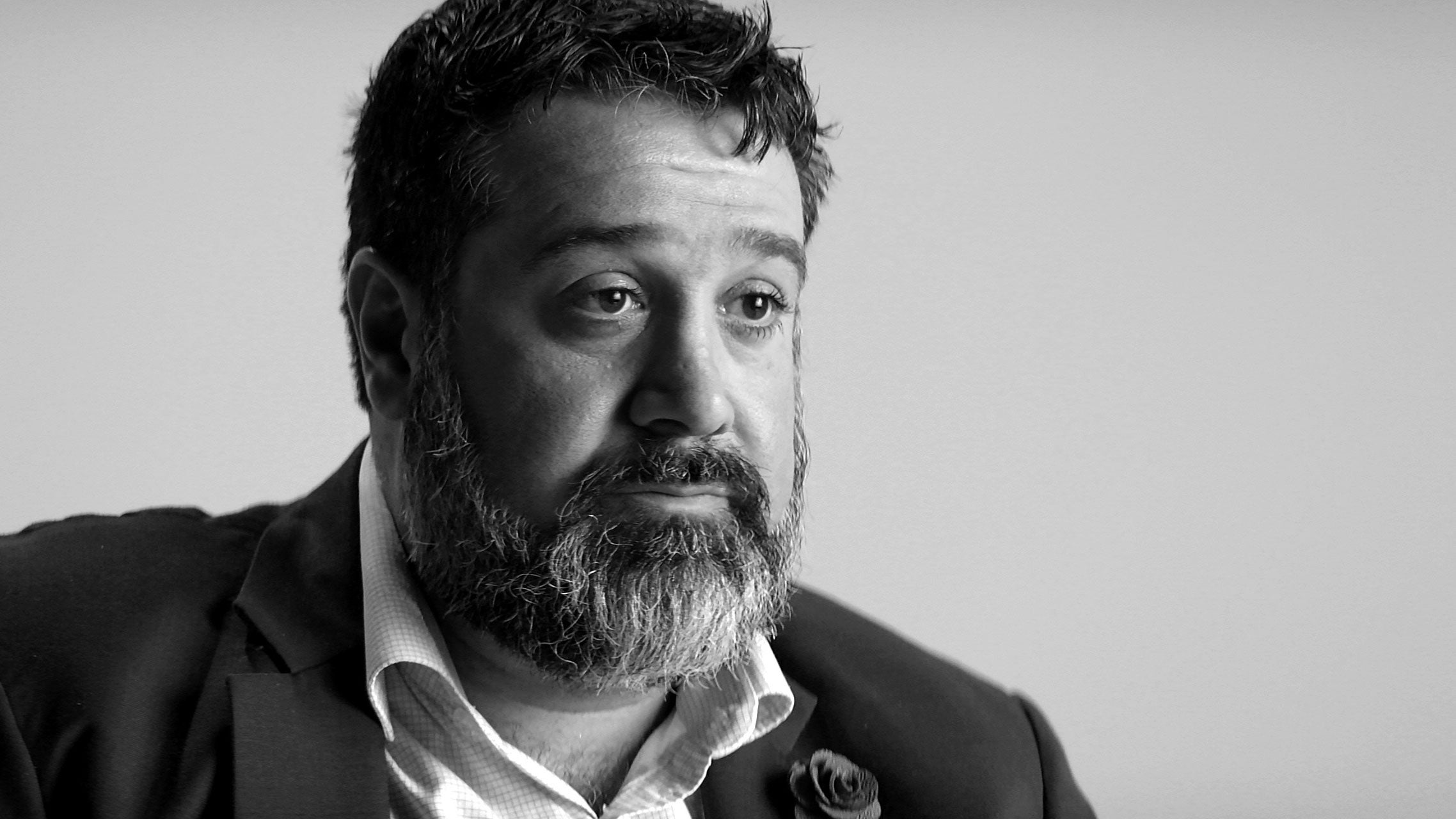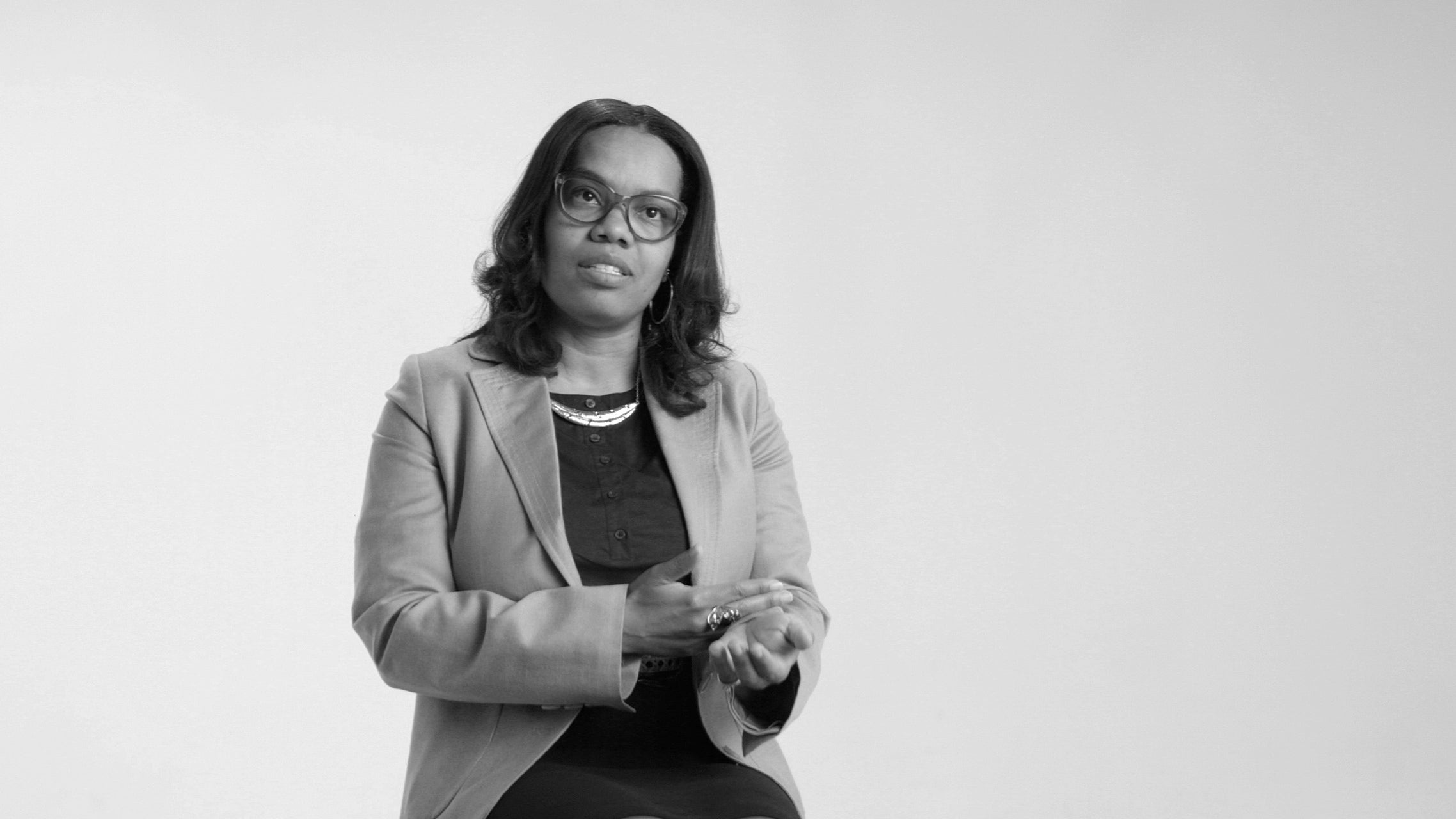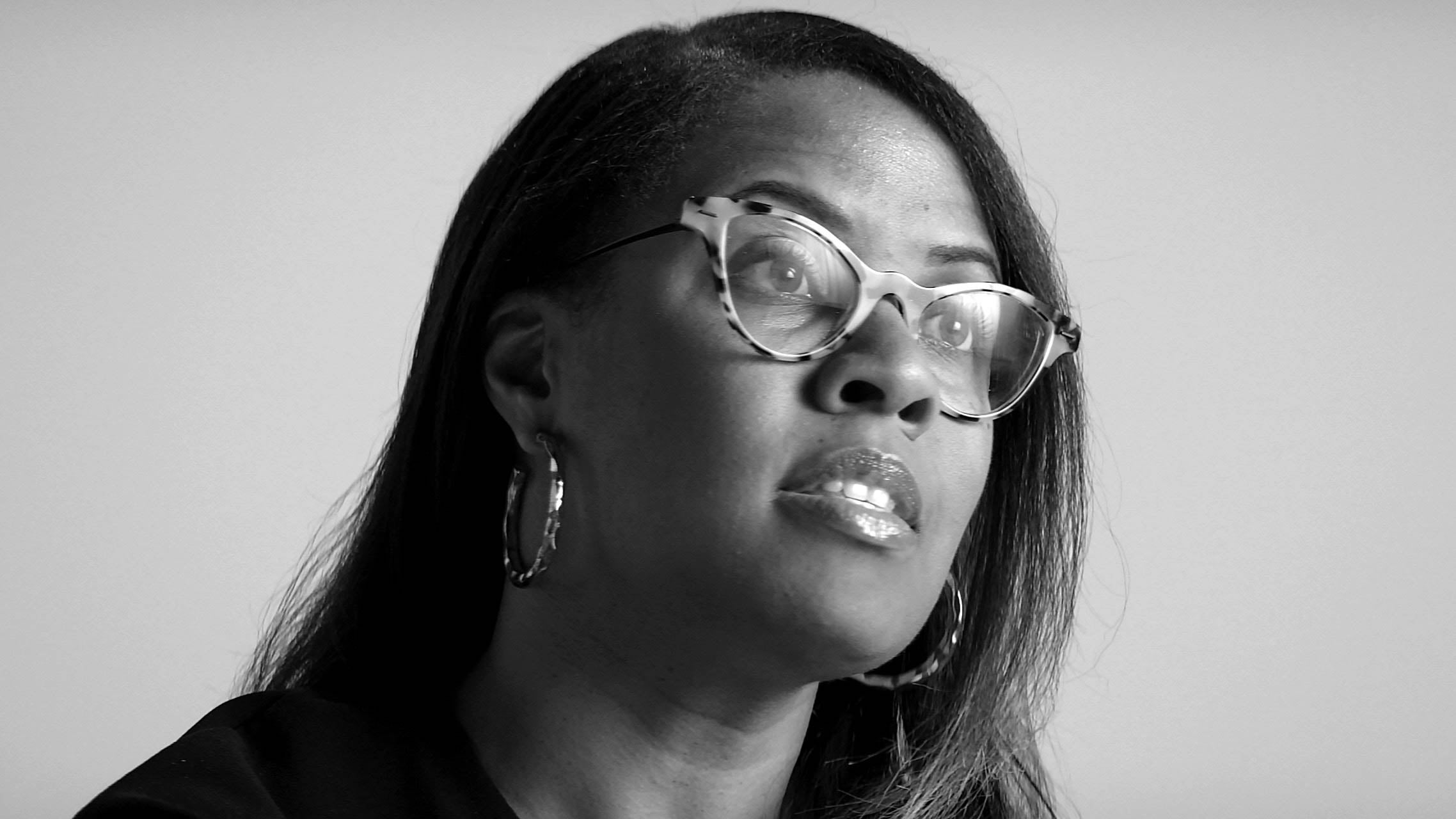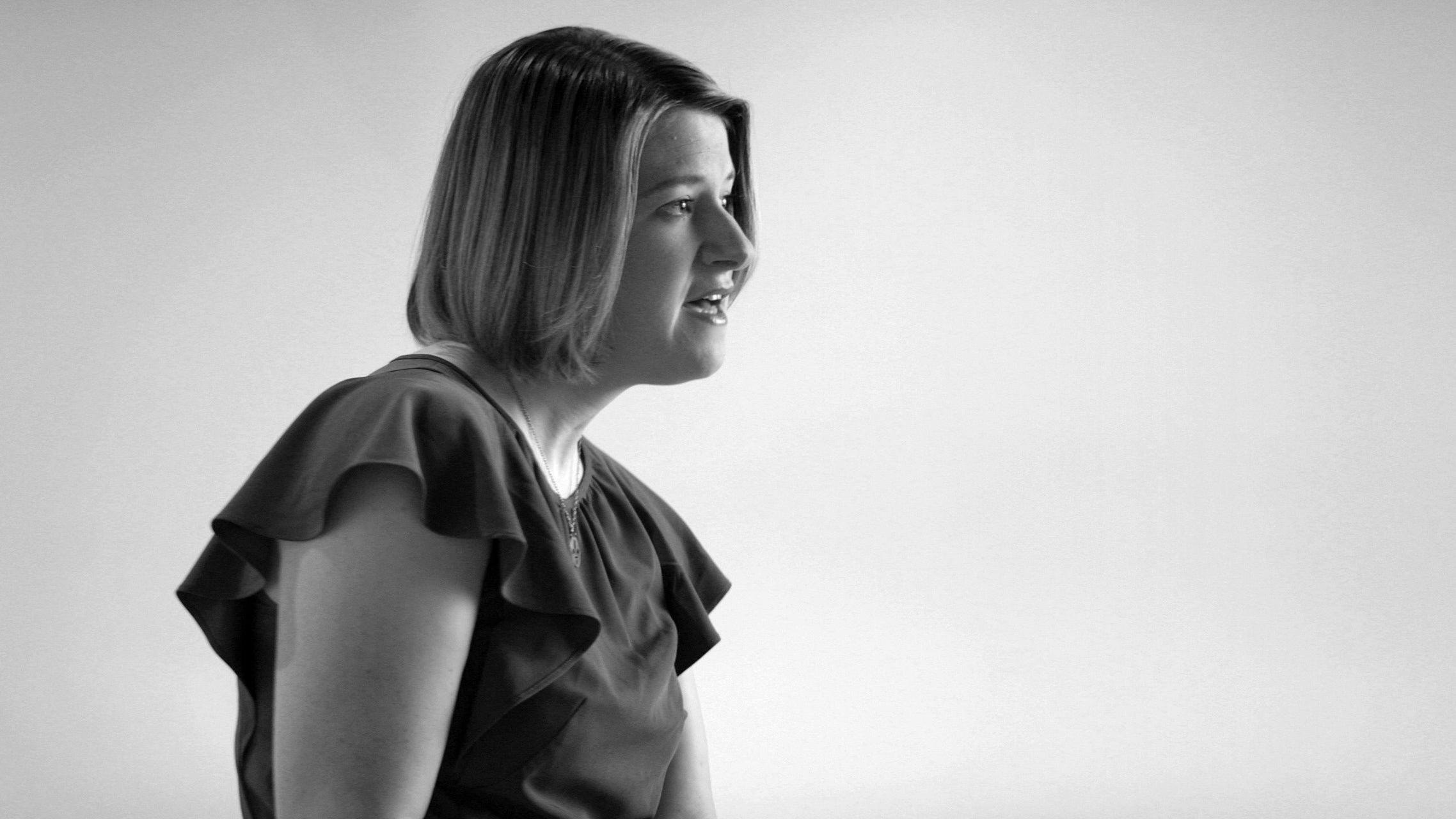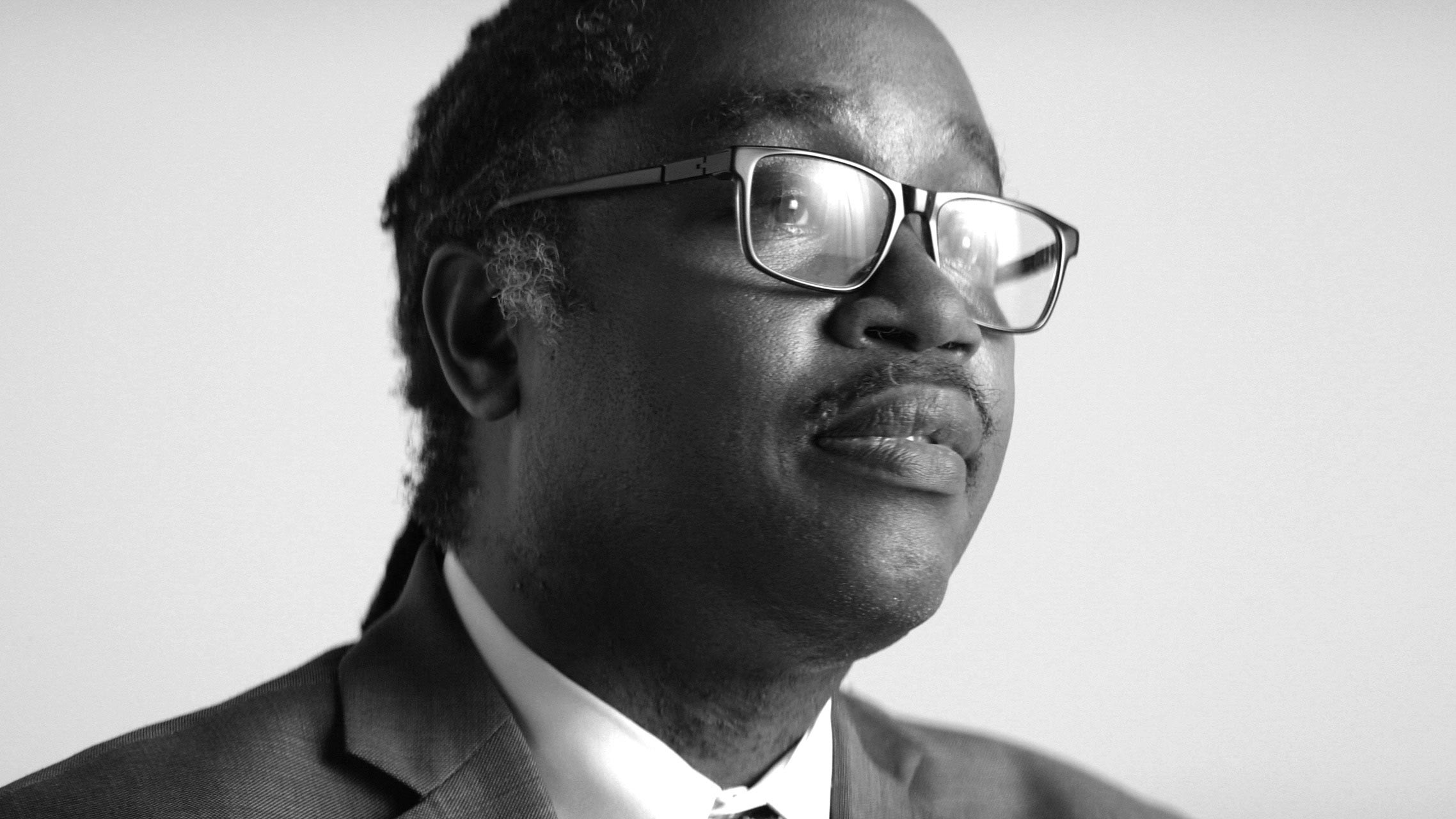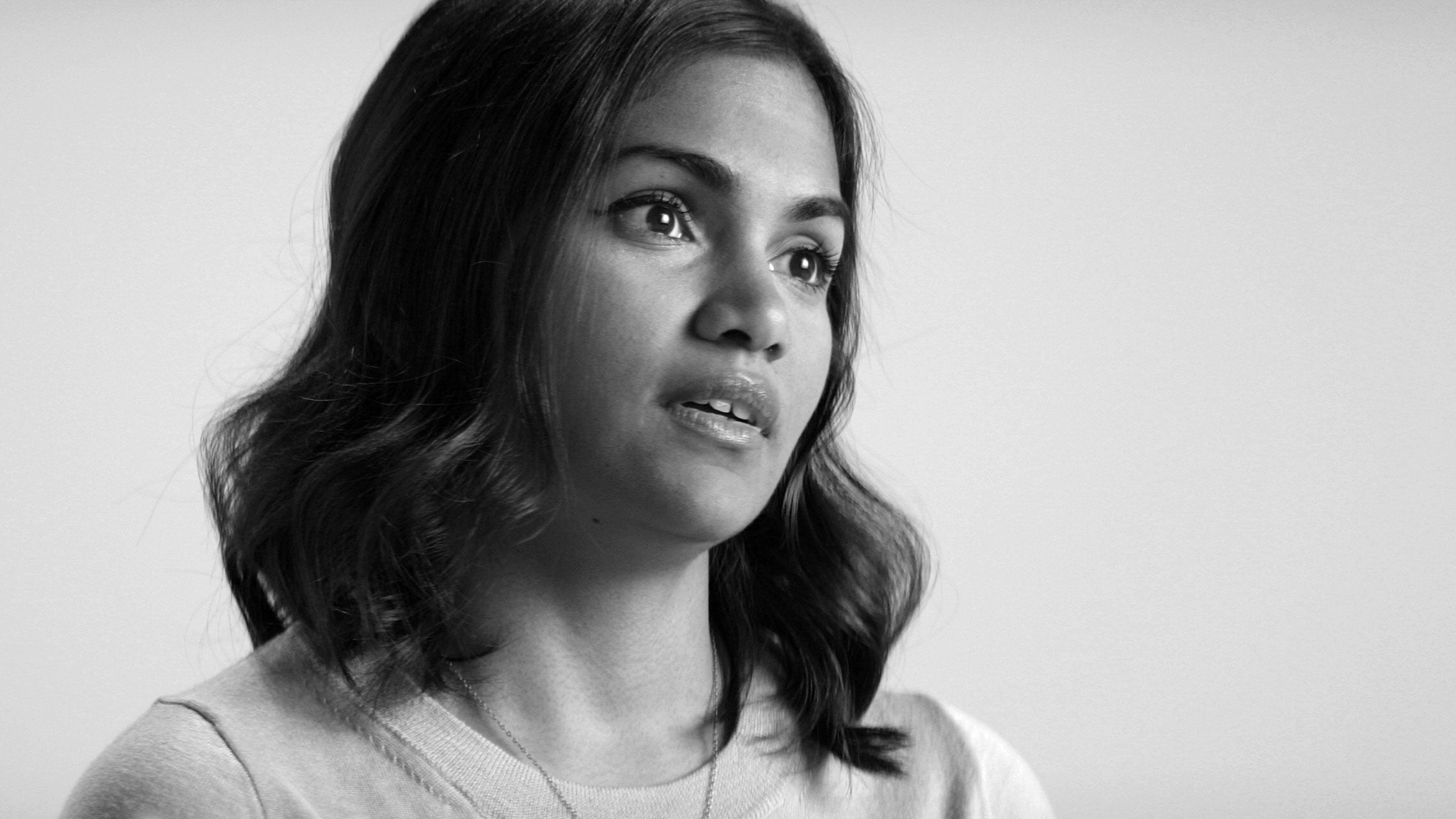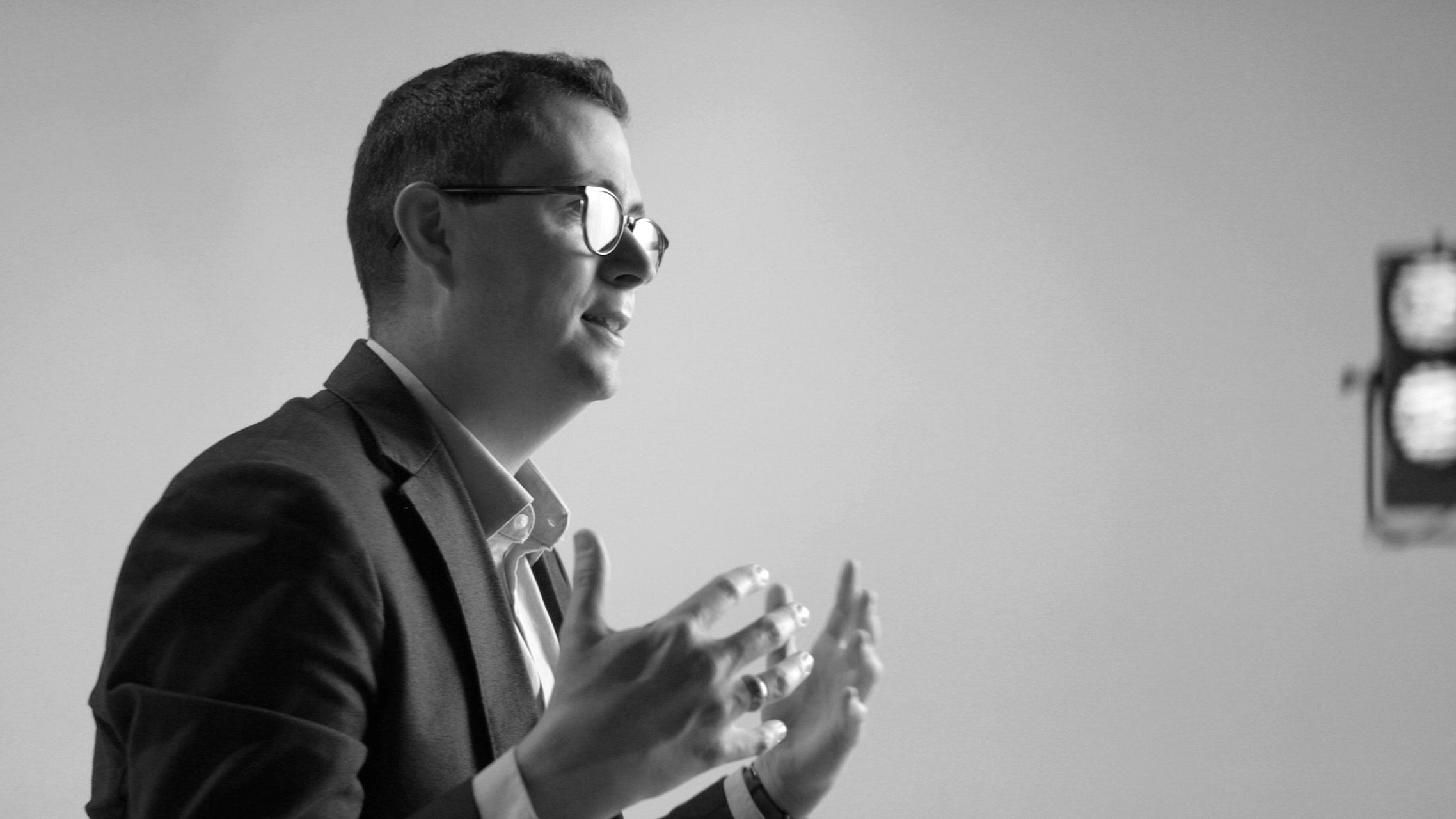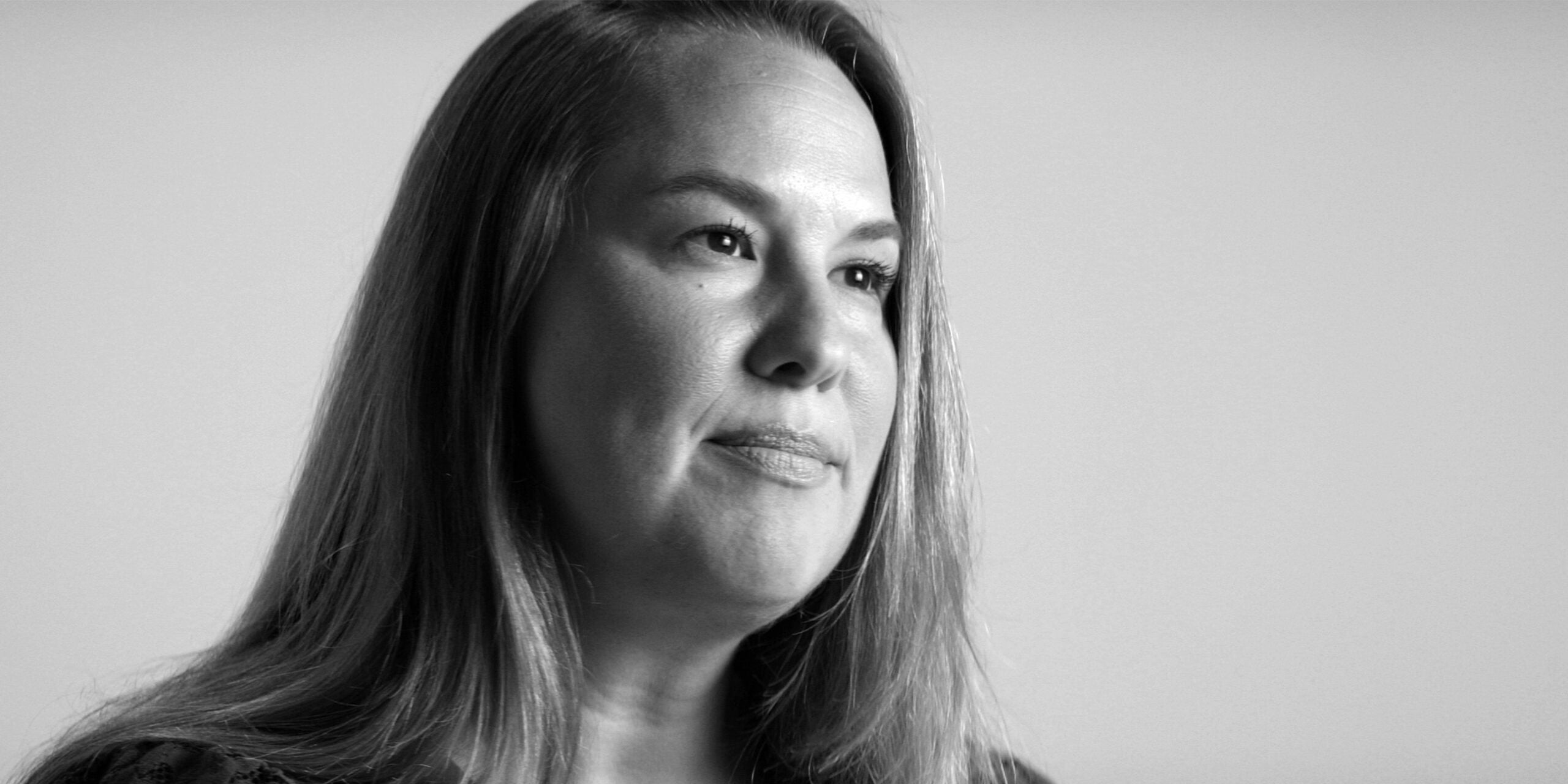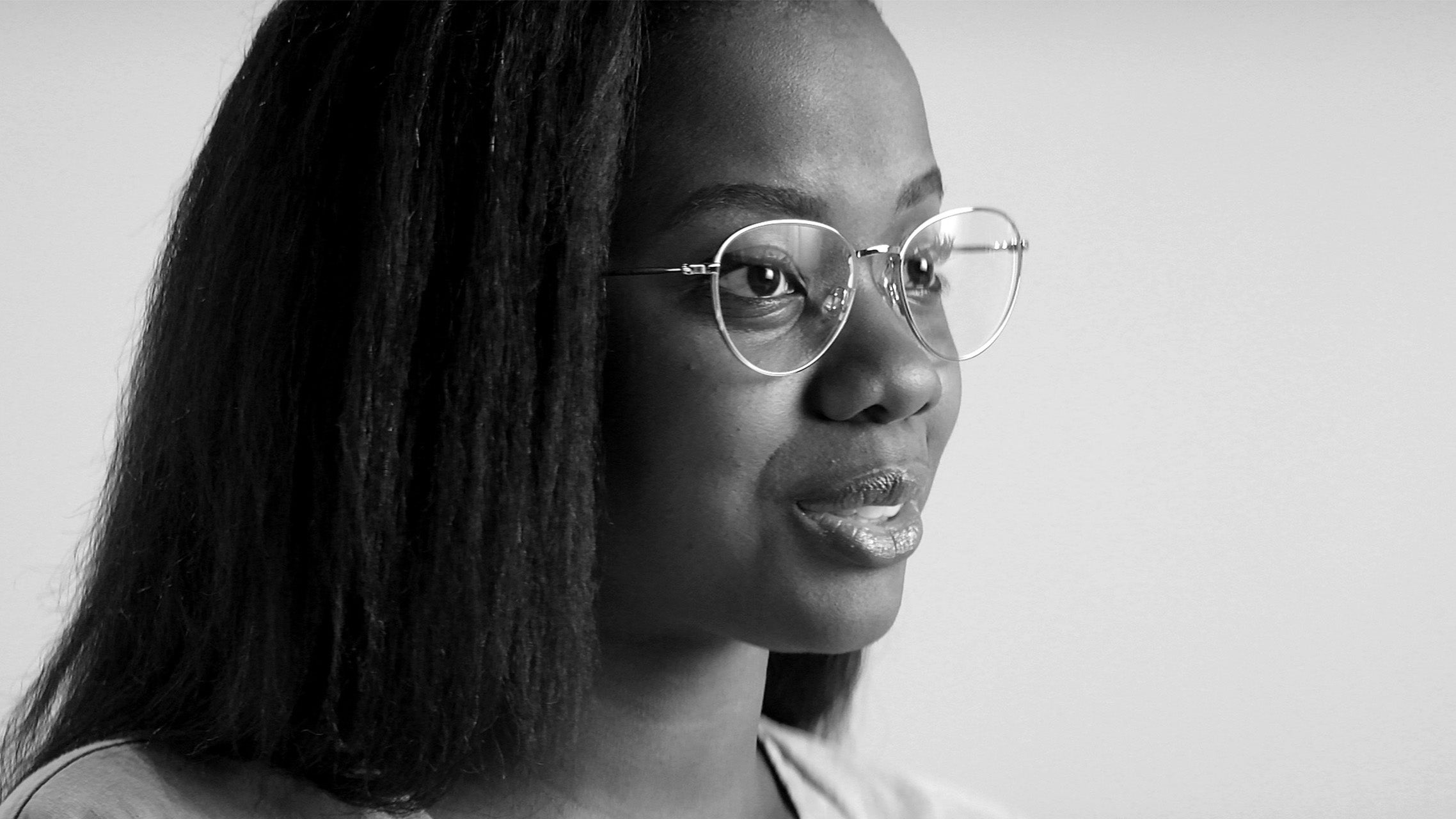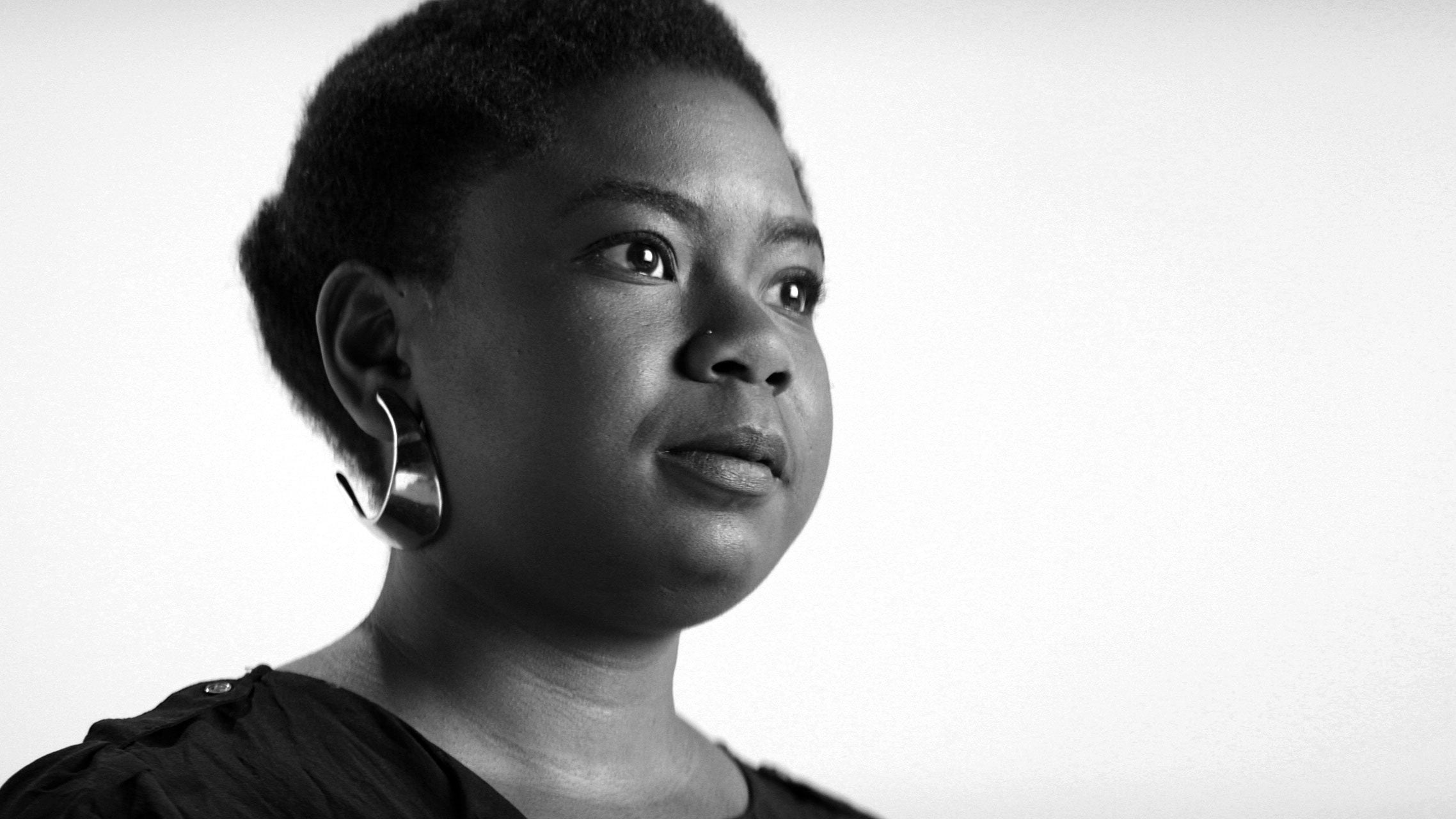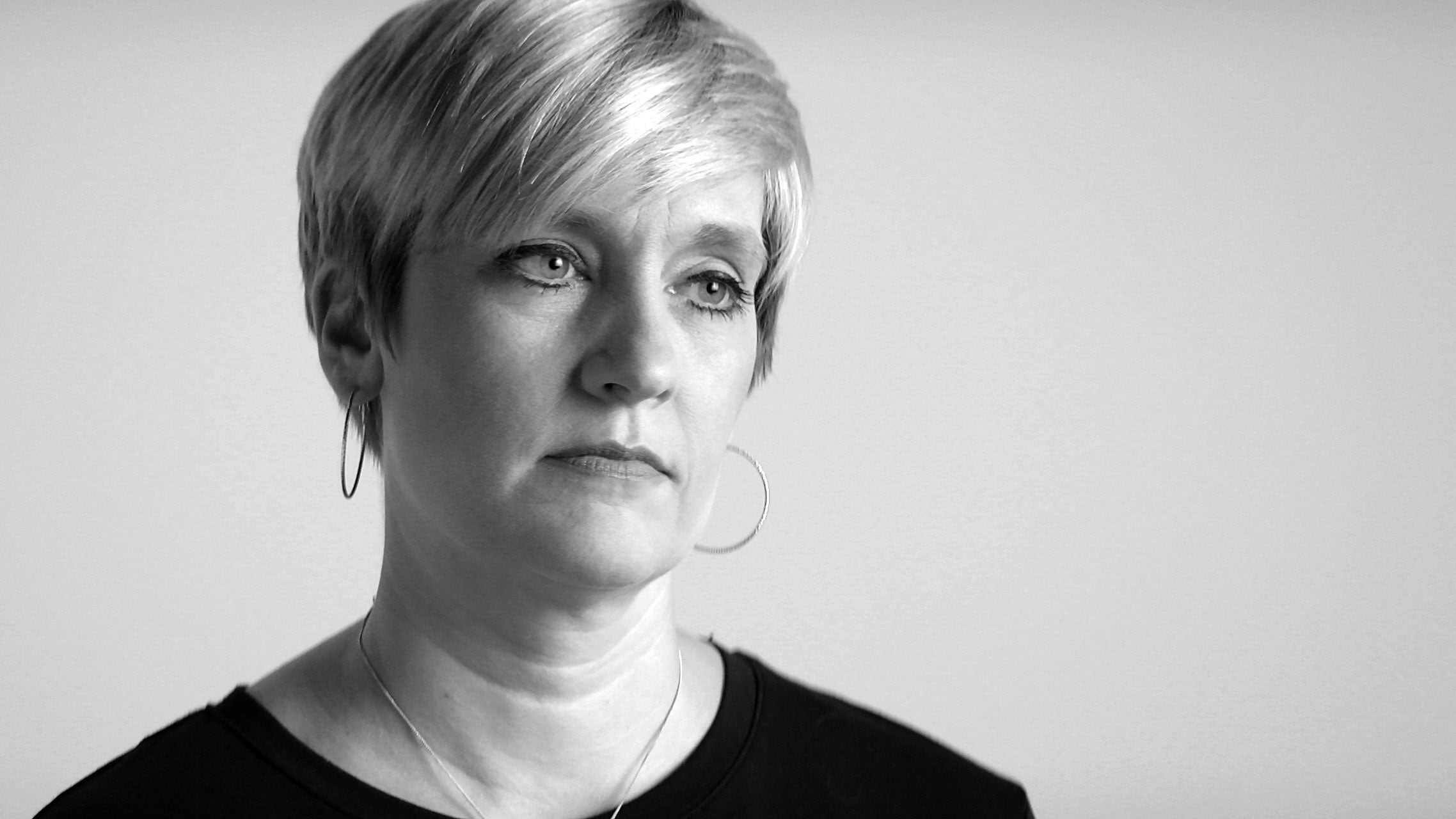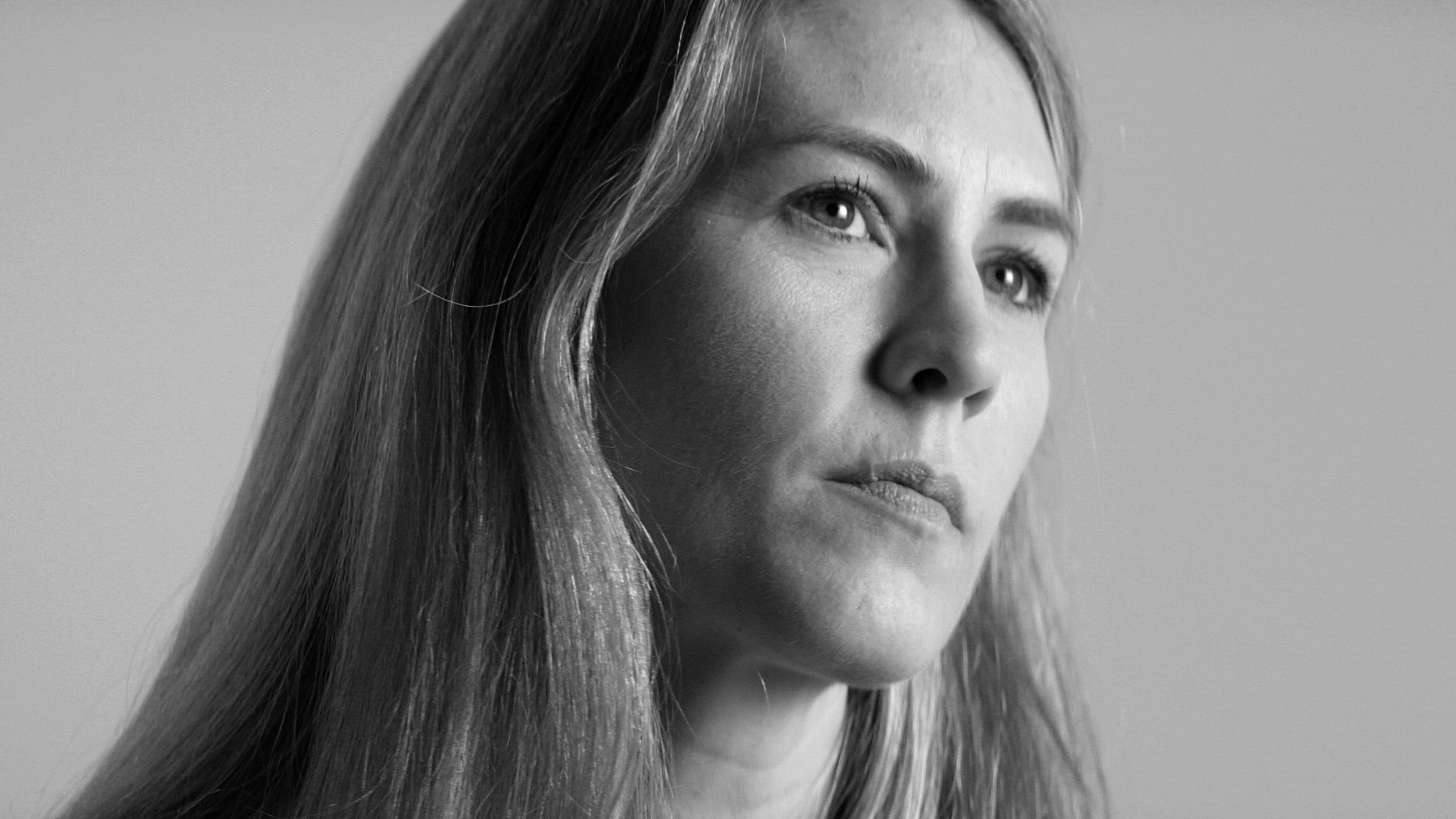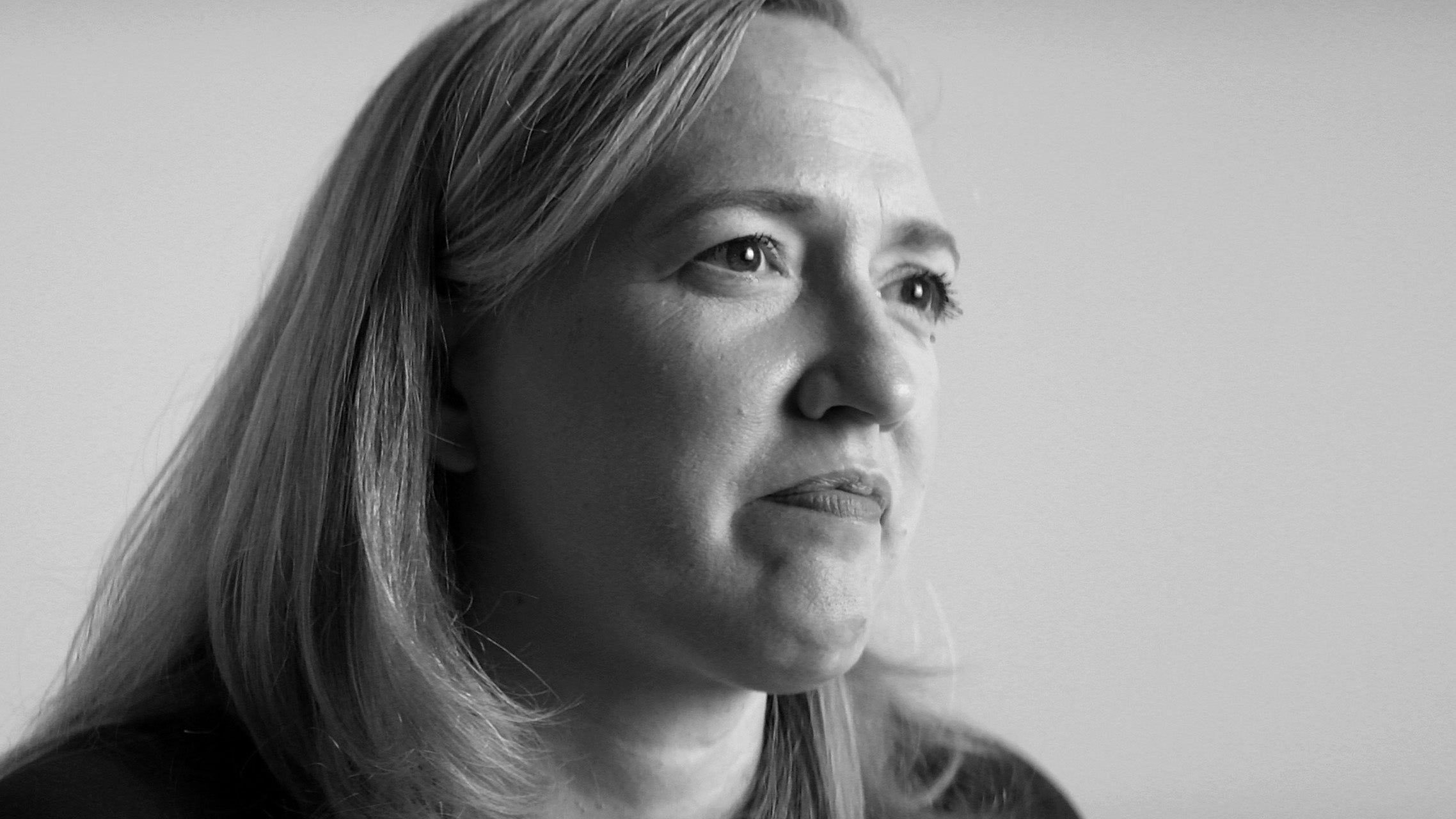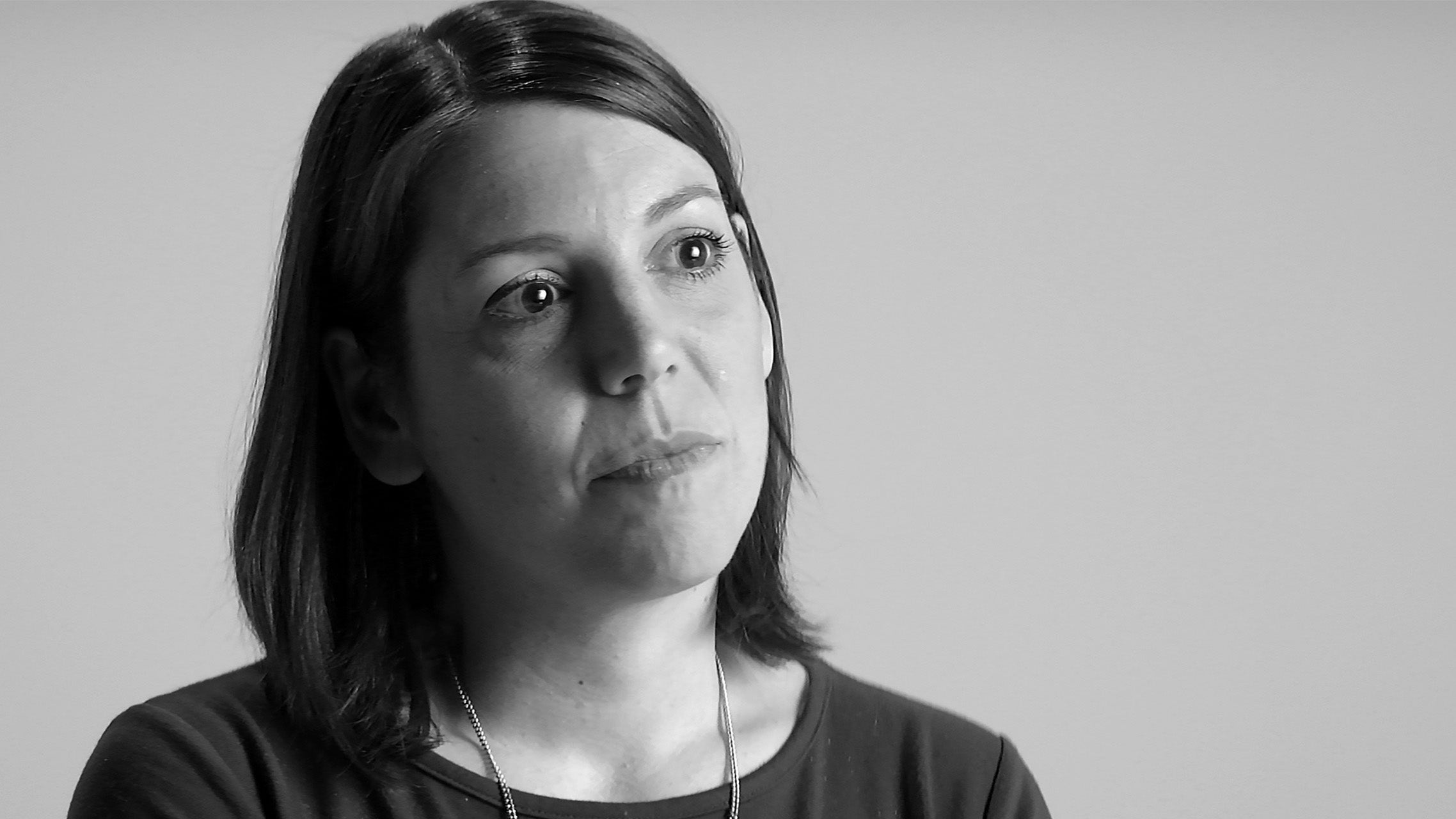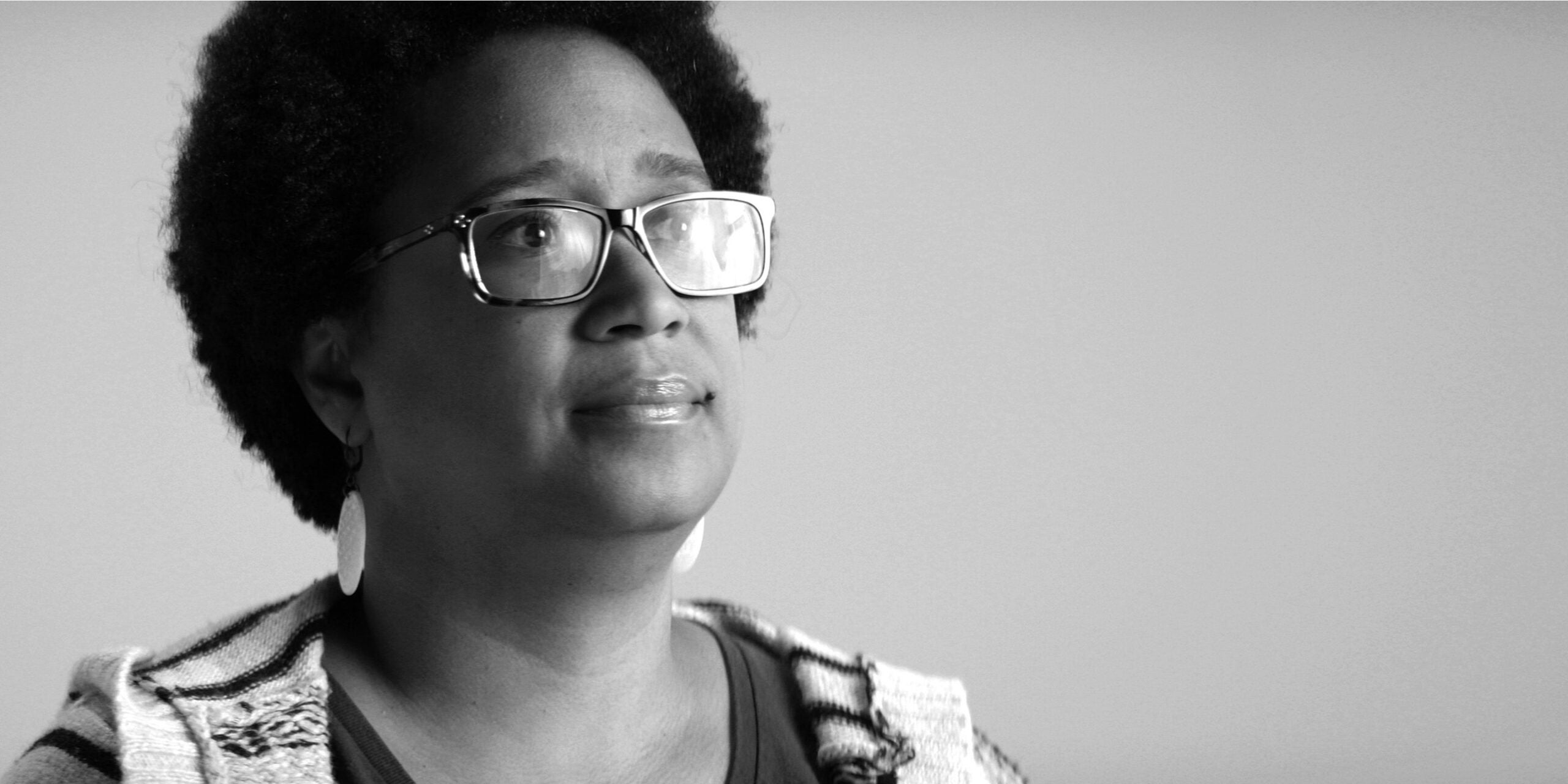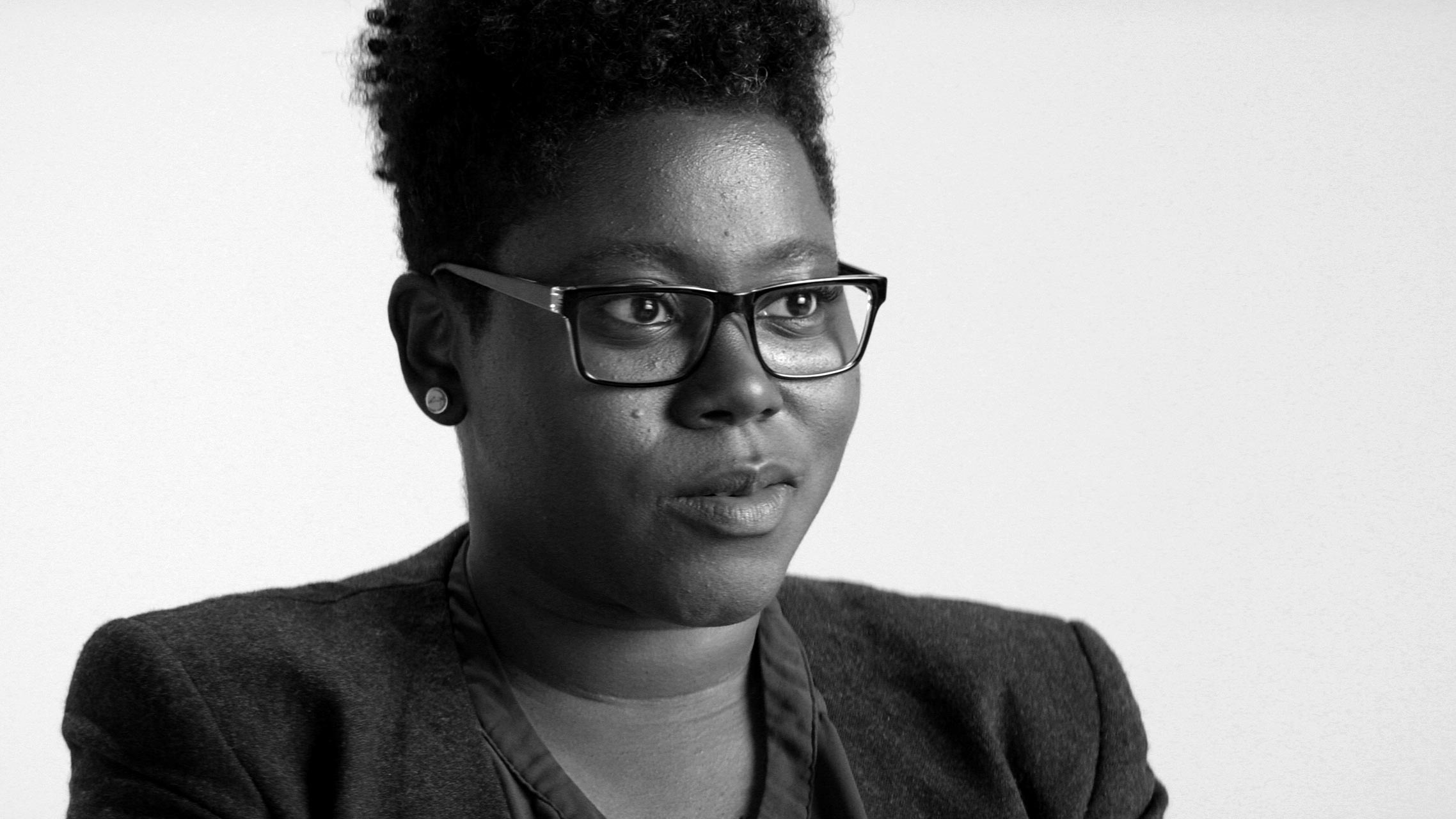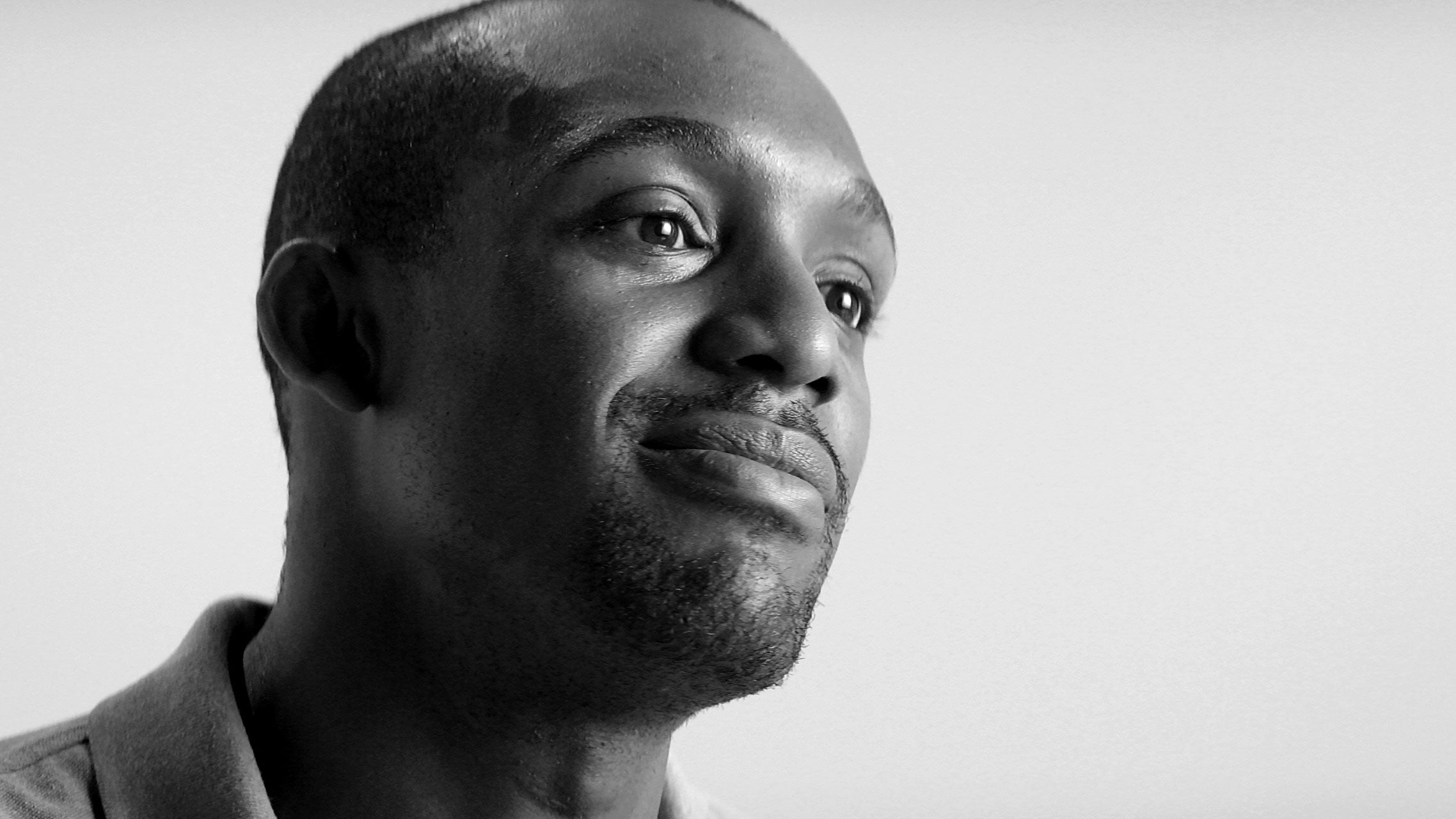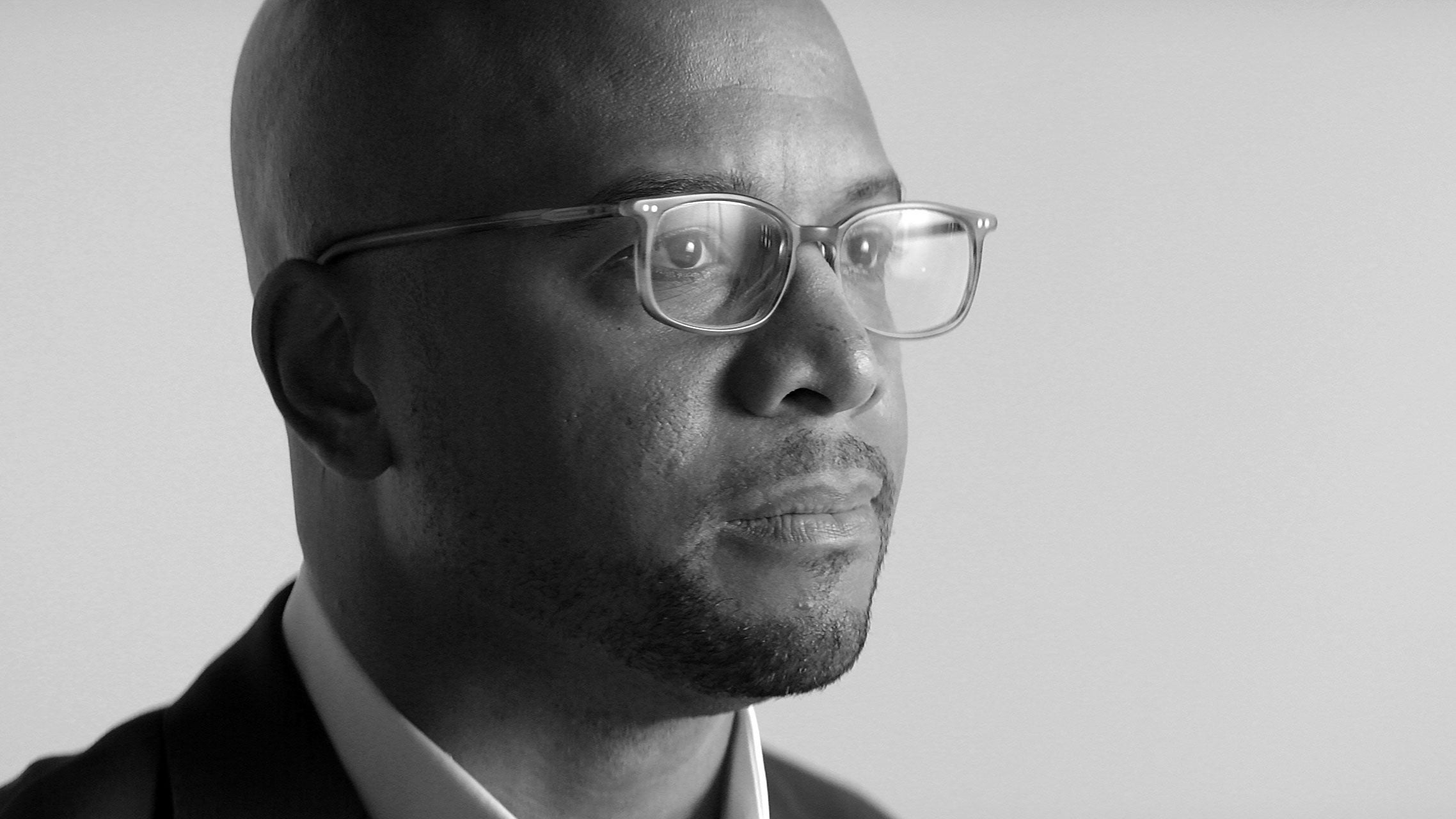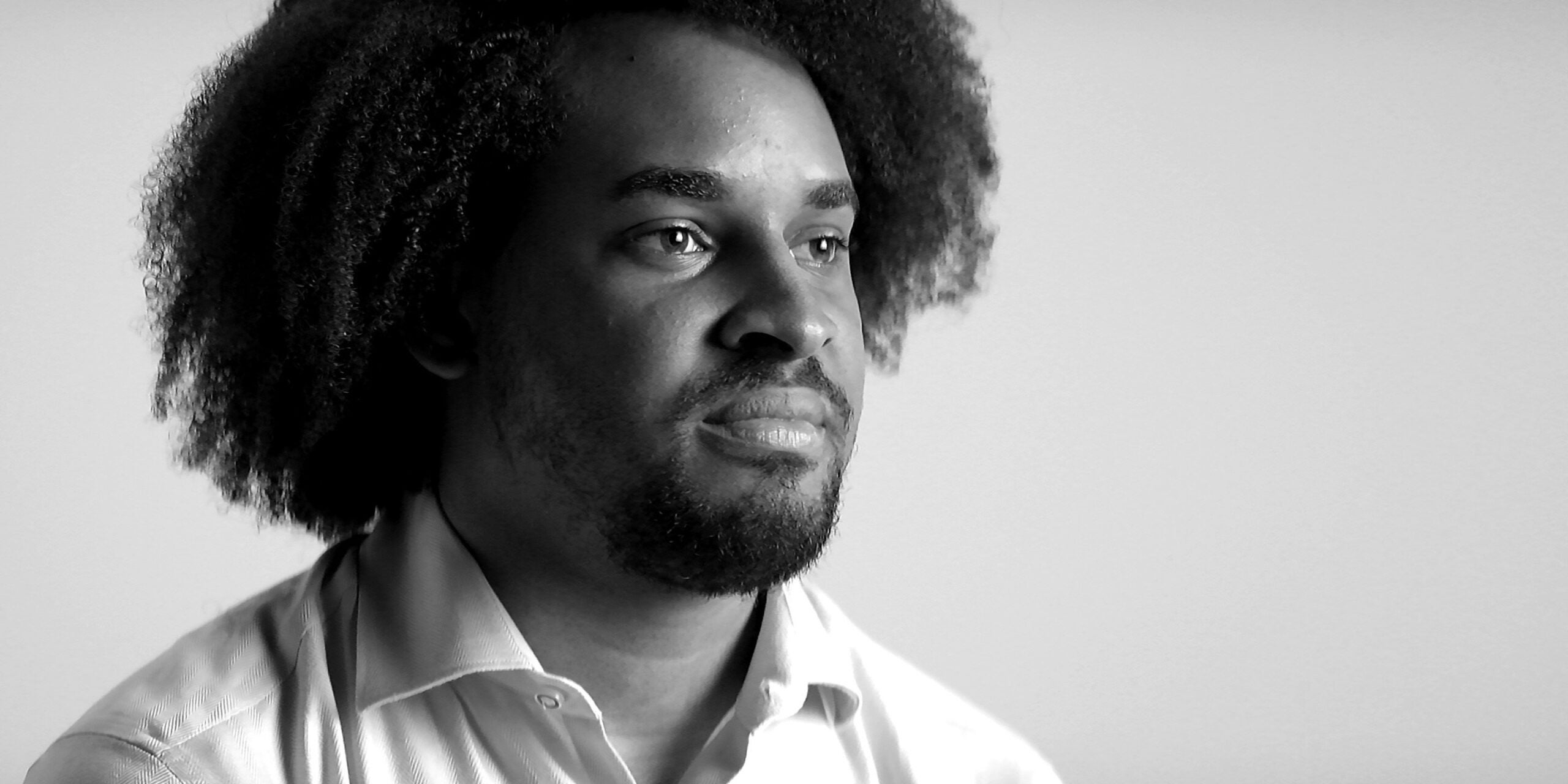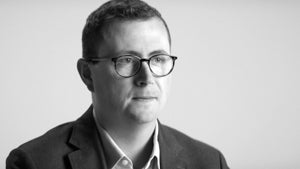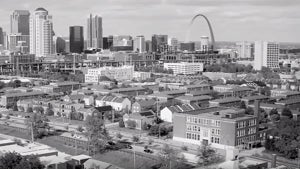
In St. Louis: Five years later
Five years after the killing of Michael Brown Jr. by Officer Darren Wilson and the birth of the Ferguson uprising, what does it mean to be in St. Louis?
A Flooded House
What will it take to achieve racial equity? Jason Purnell, associate professor at the Brown School at Washington University and director of Health Equity Works, explains what he thinks we need to do if we’re serious about racial equity.
A Systemic Change
Civil rights and immigration attorney Javad Khazaeli describes how the justice system in St. Louis can make life difficult for everyday St. Louisans, and discusses the frustration that led to the protests in Ferguson.
Accountable
Bethany Johnson-Javois, MSW ‘02, who served as managing director of the Ferguson Commission, remembers the community voices that made clear for her to whom the Commission was accountable.
Collaboration
Erica Henderson, the executive director of the St. Louis Promise Zone, explains how the climate and culture in St. Louis over the last five years have led to unprecedented collaboration among community organizations — which is essential to regional progress.
Compelled to Run
Lisa Clancy, MSW ‘12, talks about why she was compelled to run for St. Louis County Council, what her victory in the 2018 election means, and what she sees as a major barrier to racial equity.
Decision To Make
Sean Joe, the Benjamin E. Youngdahl Professor of Social Development at the Brown School and principal director of HomeGrown StL, explains why St. Louis is so well-positioned to do something transformative in the work of racial equity.
In the Way
Bethany Johnson-Javois, CEO of the St. Louis Integrated Health Network, says that what most stands in the way of progress for St. Louis is an unwillingness to believe that we already have the people, resources and insights we need to move forward.
It’s Everyone’s Work
Karishma Furtado, the research and data catalyst for Forward Through Ferguson, explains what it will take to correct the systemic inequity that St. Louis faces today.
Make Meaningful Change
How do we make effective, meaningful change? Jason Purnell, associate professor at the Brown School at Washington University and director of Health Equity Works, says the top-down, old-boys’-network approach to leadership that St. Louis is used to is no longer sufficient for solving the types of problems we face today.
More Equitable Decisions
Paul Woodruff, the executive director for Prosperity Connection and VP of community development for the Saint Louis Community Credit Union, describes what it looks like to have an inclusive decision-making process, and explains the difference it makes to the organization.
More Listening
Lindy Drew, Co-Founder and Lead Storyteller of Humans of St. Louis, says what the St. Louis region needs as it reckons with generations of racial inequity is more listening.
New Kind of Leadership
Organizer and activist Brittany Ferrell talks about the new kind of leaders who emerged in the Ferguson uprising, and the impact of the new approach those leaders brought to the movement.
Pitied Petri Dish
Journalist Kameel Stanley talks about what she wants her peers in the national media to focus on when they return to St. Louis for the 5th anniversary of the killing of Michael Brown Jr. by Officer Darren Wilson.
See Our Children
Christie Huck, executive director of City Garden Montessori School, explains what she wants the media (and the world) to see when they return to St. Louis for the 5th anniversary of the killing of Michael Brown Jr. by Officer Darren Wilson.
Talking About Race
Adelaide Lancaster, co-founder and director of community and collaboration for We Stories, talks about her experiences talking about race in all-White spaces, when it has an impact, and why that matters.
Tension
Lara Granich explains why tension in our processes, institutions, relationships and communities helps hold people accountable and keep us moving forward — and what happens when we pretend that tension doesn’t exist.
The Conversation About Race
Laura Horwitz, Co-Founder and Executive Director of We Stories, says that everyone talks about the conversation we need to have about race — but as long as families of color talk about race more regularly than white families, it’s difficult to have an effective conversation.
The First Stop
Nicole Hudson, assistant vice chancellor of the Academy for Diversity, Equity, and Inclusion at Washington University in St. Louis, describes how the stories people tell themselves influence our collective ability to change, and suggests that understanding narrative is the first step toward making any real progress as a region.
The Mirror Casket
Artist and social entrepreneur De Nichols shares the story of the Mirror Casket, an art project born during the Ferguson protests that now resides in the permanent collection of the Smithsonian National Museum of African American History & Culture.
The Work Continues
Blake Strode, executive director of ArchCity Defenders, challenges the narrative that the Ferguson story ended in 2014.
Trouble the Water
In his course, “Don’t Believe the Hype: Race, Media and Social Movements in America, 1915 to 2015,” Vernon Mitchell Jr. helps students understand the construction of racial narratives through media, and how that affects their experience in St. Louis — and the world.
Wisdom of Youth
David Dwight, executive director and lead strategy catalyst for Forward Through Ferguson, talks about the challenges of being a young leader in St. Louis as the region works toward racial equity.
Everyday People Can Listen
What can everyday people do to support racial equity? These St. Louisans who are invested in racial equity work say everyday people can do something very simple: listen.
Everyday People Can Learn
What can everyday people do to support racial equity? These St. Louisans who are invested in racial equity work say everyday people can do something very simple: educate themselves.
Everyday People Can Speak Up
What can everyday people do to support racial equity? These St. Louisans who are invested in racial equity work say everyday people can do something simple but powerful: speak up.
Everyday People Can Show Up
What can everyday people do to support racial equity? These St. Louisans who are invested in racial equity work say everyday people can do something simple but powerful: show up.
